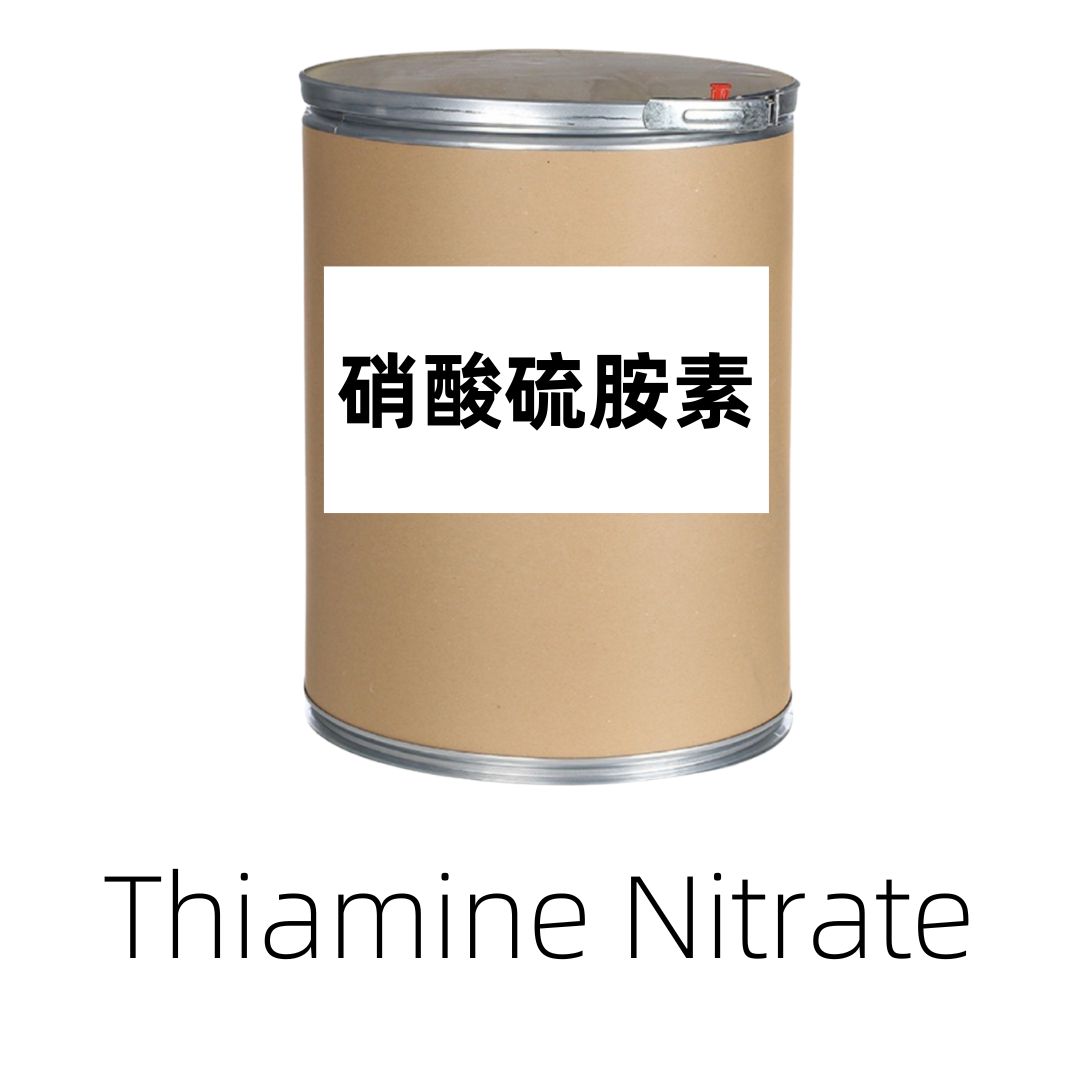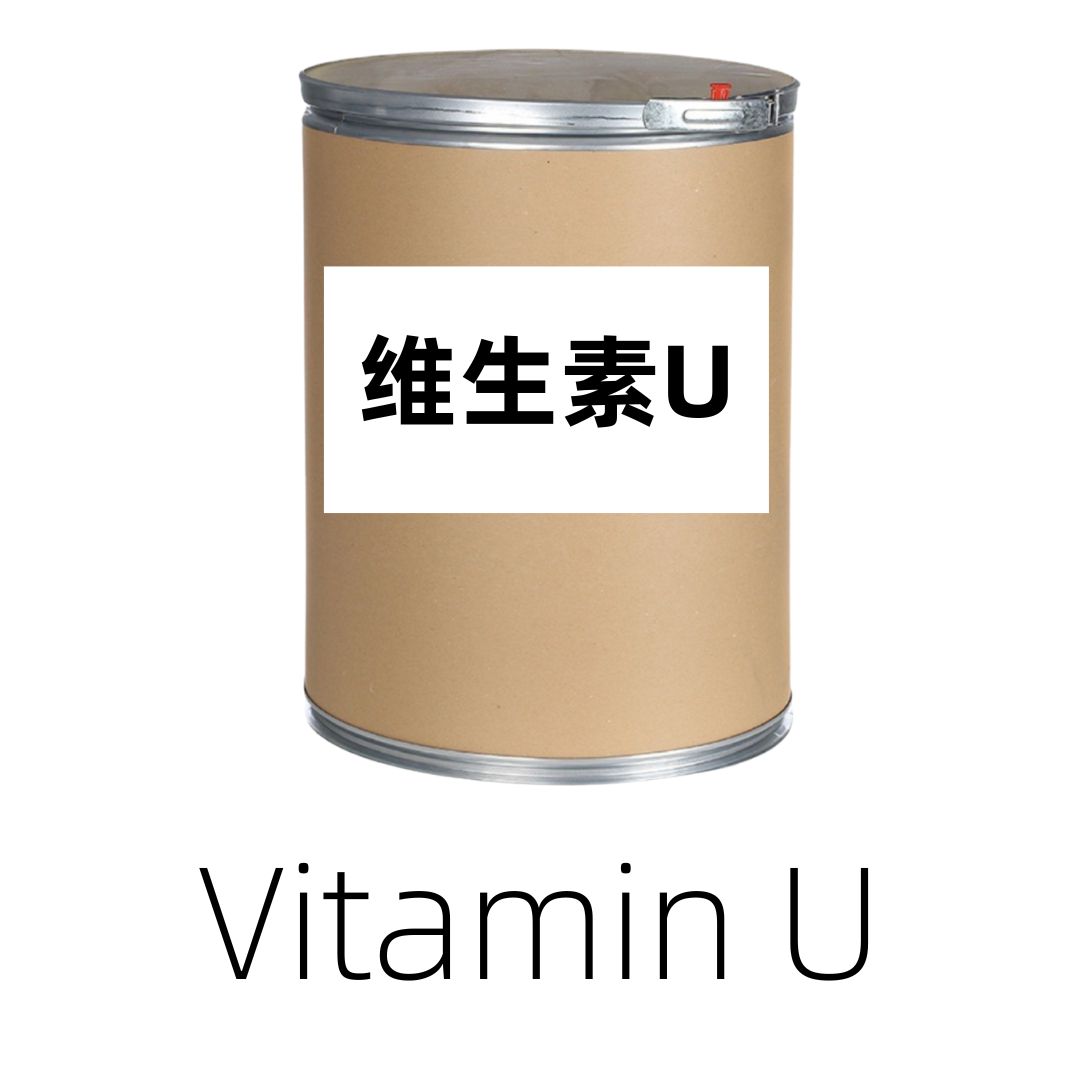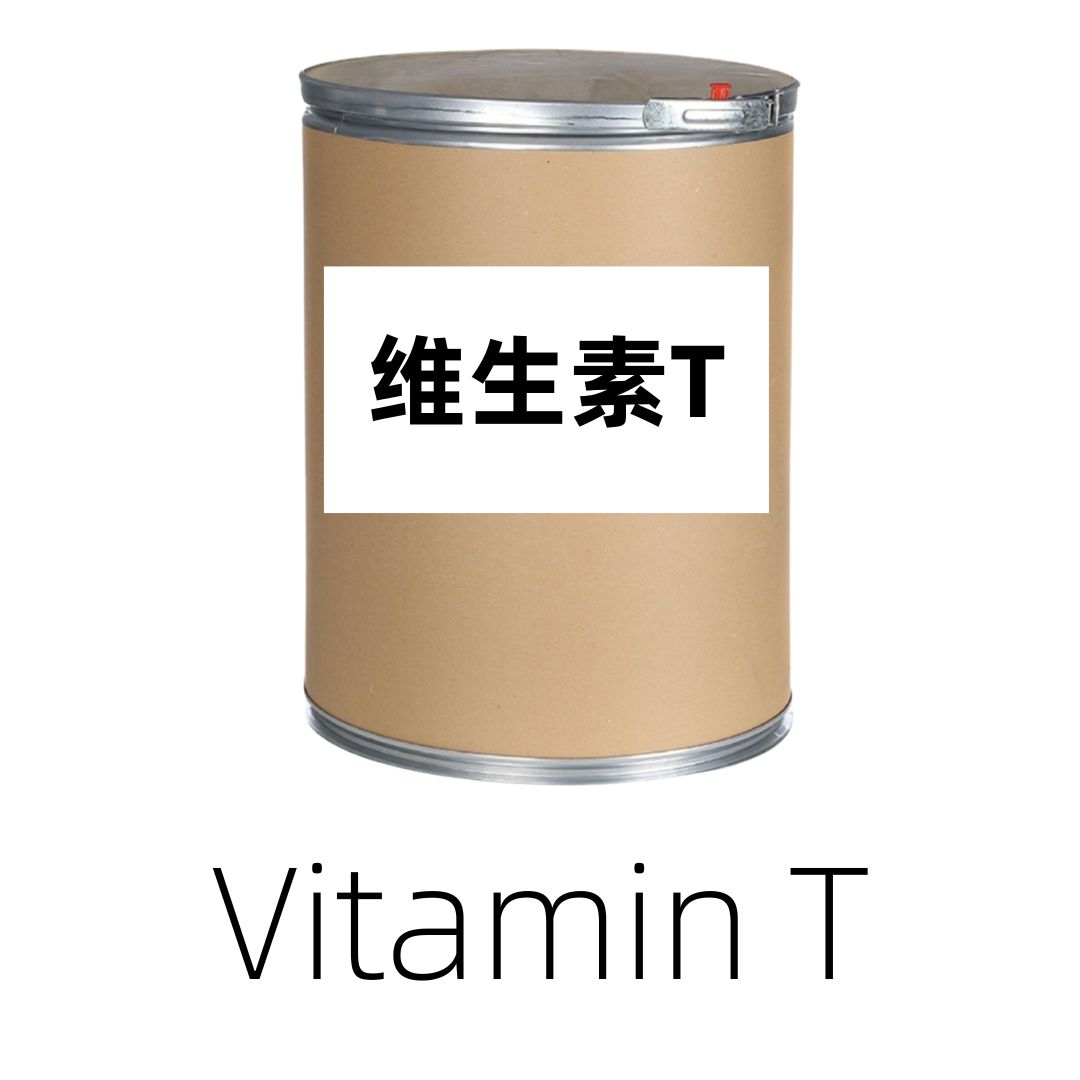Product Introduction
Thiamine, also known as Vitamin B1, is a water-soluble vitamin that plays a critical role in cellular metabolism. It is derived from various sources, including whole grains, legumes, nuts, and meats. The body requires thiamine to convert carbohydrates into energy and to maintain proper nerve function. It is widely used in dietary supplements and food fortification to prevent and treat thiamine deficiency, which can lead to serious health issues.
Production Process
The production of thiamine typically involves the fermentation of specific bacterial cultures, which are capable of synthesizing the vitamin from simpler organic compounds. Other methods may include synthesizing thiamine chemically from pyrimidine and thiazole. Quality control processes, including HPLC testing, ensure that the final product meets required purity standards.
Application Scenarios
Thiamine serves multiple applications in the food industry. It is commonly added to breakfast cereals, energy bars, and processed foods to enhance their nutritional profile. Additionally, thiamine is utilized in animal feed formulations to support livestock health and production efficiency. Its application extends to nutritional supplements aimed at improving dietary intake for individuals with limited access to thiamine-rich foods.
Packaging and Storage
- Storage Conditions: Thiamine should be stored in a sealed container, protected from light, in a dry, cool, and well-ventilated area while avoiding high temperatures.
- Packaging: It is available in bulk packaging (25 kg/paper drum), sample packaging (1 kg/aluminum foil bag), or customized options based on customer requirements.
- Shipping Method: The product can be shipped via FedEx, DHL, dedicated logistics, or sea freight consolidation.
- Validity Period: Thiamine has a validity period of two years when stored as specified.
Monica Sun possesses extensive technical expertise and market insights in the food additives industry. She excels in designing efficient and safe additive formulations tailored to various food applications, ranging from sweeteners to functional dietary fibers. Monica has successfully assisted food manufacturers in optimizing ingredient combinations to enhance product quality and improve consumer satisfaction.









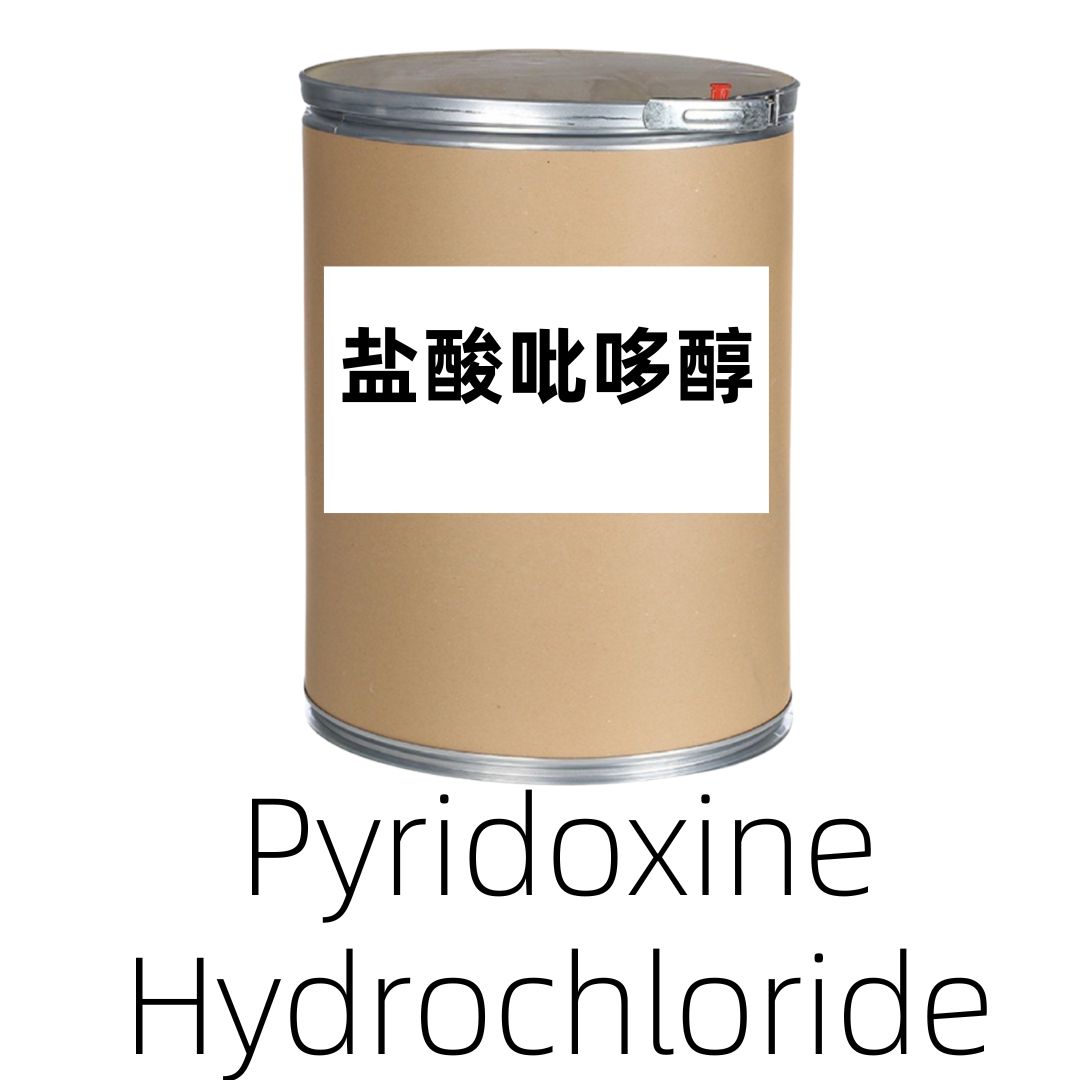
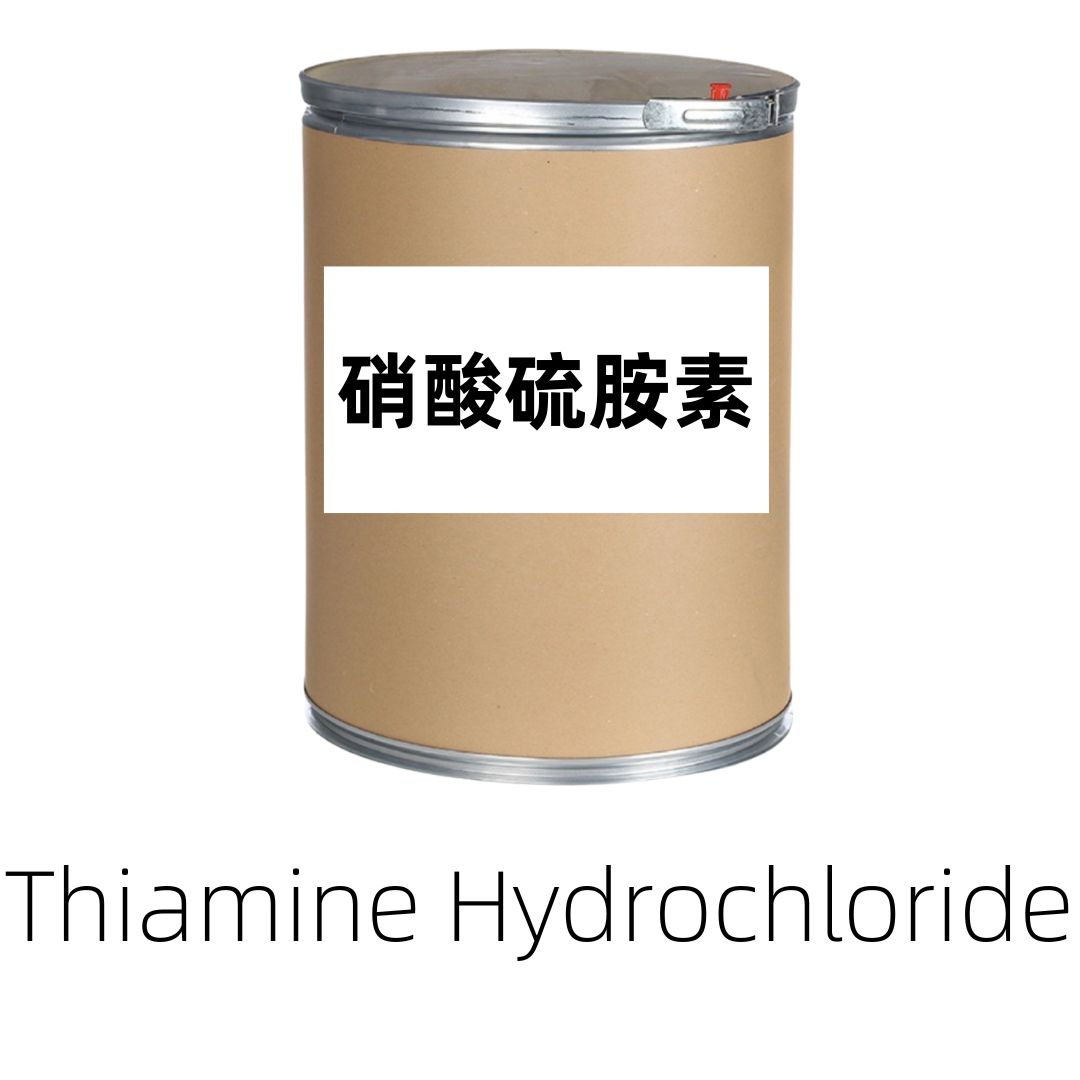
nicotinamide.jpg)
